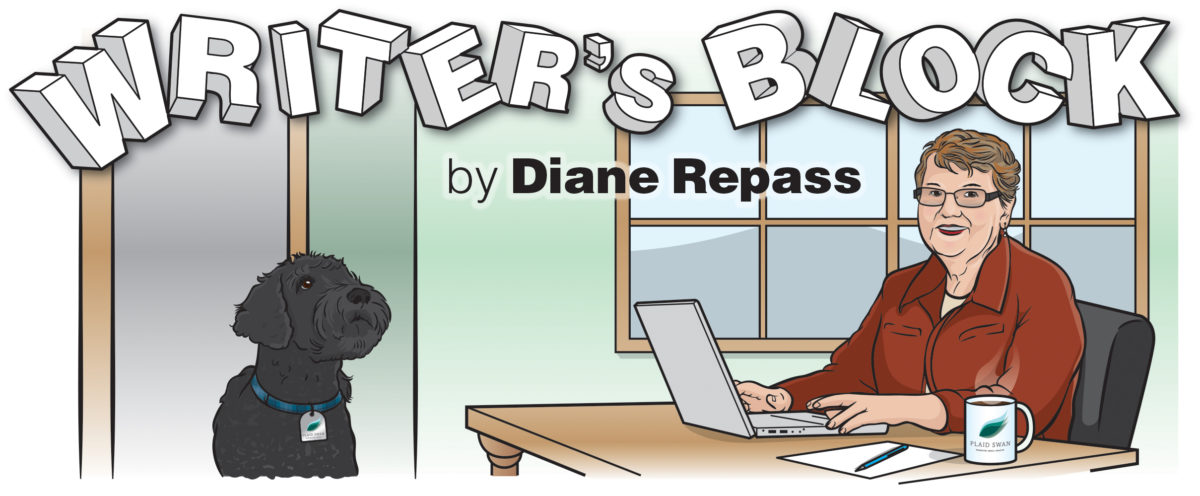Writing Concisely – Part Two
“The most valuable of all talents is that of never using two words when one will do,” (Thomas Jefferson). William Shakespeare, William Strunk, Mark Twain and countless other notable authors have all weighed in on the topic of polishing your writing with concision. In Part One of this article, we looked at choosing words carefully, cutting out excess words, avoiding redundancy, and using affirmative language. Additional tips for writing concisely include more ways for picking words carefully (e.g. avoiding overused prepositions, forms of “to be” and passive verbs, and “there is/are”) and deleting excess words (such as eliminating unnecessary adverbs and reducing clauses to phrases and phrases to single words).
Choosing Words Carefully
Overusing Prepositional Phrases
Profuse use of prepositional phrases can make sentences awkward and unclear. The best solution is to reword the sentence.
Original: Professor, the reason for my absence from class yesterday is because at noon my mother called and talked for two hours about how things were going at home.
Revised: Professor, I was absent yesterday because my mother called.
Avoiding Forms of “to be” and Passive Verbs
The infinitive phrase “to be” is unnecessary in some sentences.
Original: She seems to be happy.
Revised: She seems happy.
Passive voice either deletes the subject of a sentence or moves it to a prepositional phrase at the end of the sentence, uses a form of “to be” with the past participle verb, and moves the direct object to the subject of the sentence.
Active: Jane (subject) ate (active verb) all my Christmas cookies (direct object).
Passive: All my Christmas cookies (new subject) were eaten (passive verb) by Jane (former subject).
Passive verbs are wordy and less robust than active verbs. While some writers don’t ever use passive verbs, they can work well when the subject of the sentence is unimportant, and the receiver of the action is the most important.
Active: Someone (subject) discarded (active verb) these old photos (direct object).
Passive: These old photos (new subject) were discarded (passive verb). (The subject “someone” is unimportant.)
Avoiding Expletives
Sentences that begin with the expletives “there is/are” or “it is” are wordy and weak.
Original: There are hundreds of women who are coming forward to expose the men who have sexually assaulted them. It is they who are making a difference in what is acceptable behavior of men towards women.
Revised: Hundreds of women are coming forward to expose the men who have sexually assaulted them. They are making a difference in establishing acceptable behavior of men towards women.
Rewrite sentences to avoid expletive construction.
Chopping Excess Words
Eliminating Unnecessary Adverbs
Some writers avoid adverbs; using them in moderation or replacing them with more descriptive phrases is the best practice. Shun the weakest of adverbs: actually, basically, definitely, extremely, kind of, quite, really, somewhat, very.
Original: He definitely won’t come uninvited to your party.
Revised: He won’t come uninvited to your party.
Reducing Clauses to Phrases and Phrases to Single Words
Wordy clauses and phrases can often be reduced to simpler phrases or single words. For example, the word “which” is sometimes unneeded.
Original: My house, which is a two-story home, was built in 2010.
Revised: My two-story house was built in 2010.
Original: Thinking about her next meal, my dog Cricket looked up at me with woeful eyes.
Revised: Cricket, my hungry dog, looked up at me with woeful eyes.
William Strunk Jr. in his manual, “Elements of Style,” sums up concise writing well:
Vigorous writing is concise. A sentence should contain no unnecessary words, a paragraph no unnecessary sentences, for the same reason that a drawing should have no unnecessary lines and a machine no unnecessary parts. This requires not that the writer make all his sentences short, or that he avoid all detail and treat his subjects only in outline, but that every word tell.

Diane Repass is a retired tenured assistant professor
from The University of Dubuque and now a beloved
writer for Plaid Swan Inc. She received her M.A. from
The University of Northern Iowa in Cedar Falls, Iowa.

